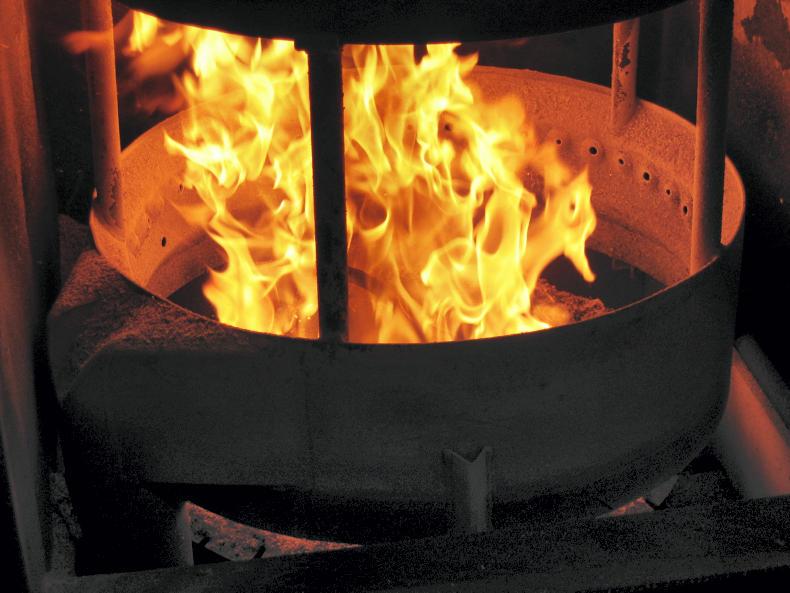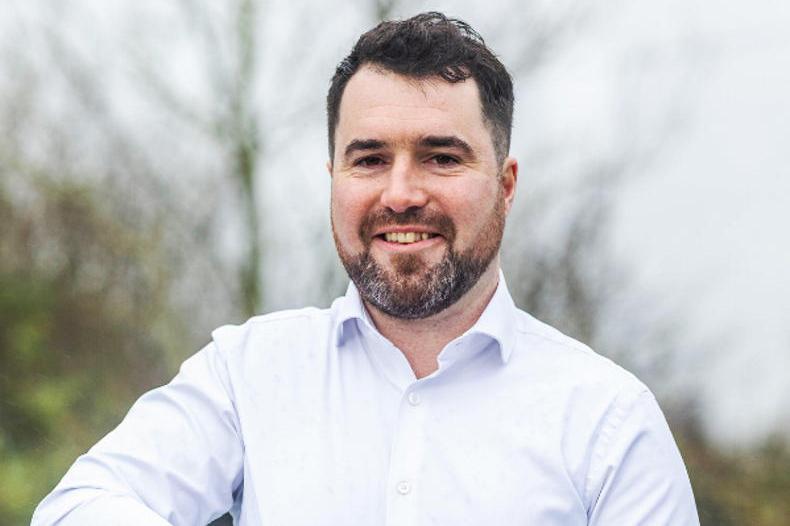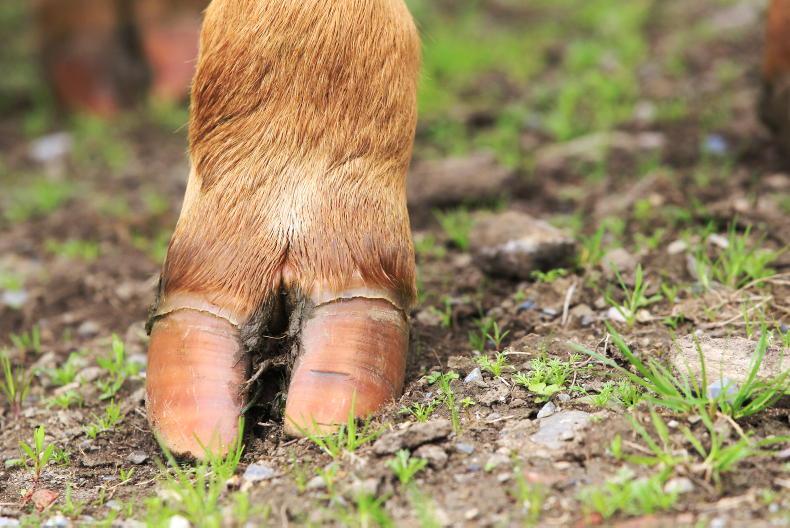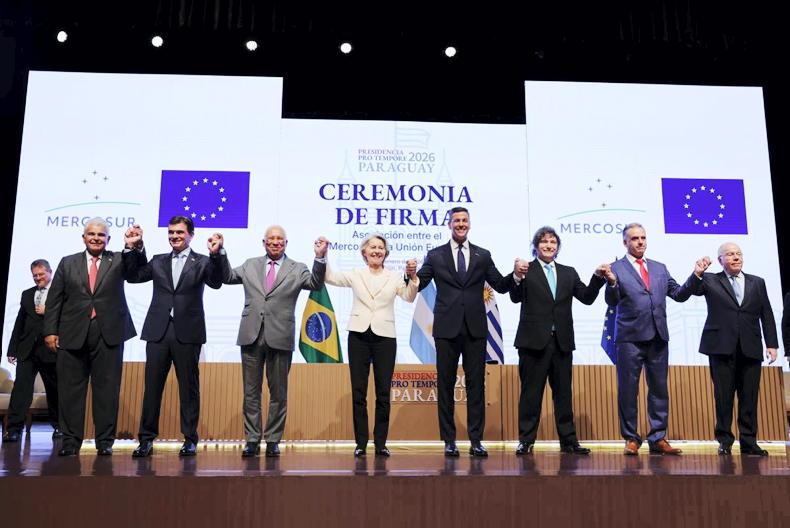A report published by the Department for the Economy (DfE), which summarises responses to a 2018 consultation on the future of the Renewable Heat Incentive (RHI) scheme in NI, has pointed to significant cuts to tariff rates for all claimants from 1 April 2019.
The consultation, which closed to responses on 6 September 2018, set out eight different options, which ranged from closure of the scheme in 2019, to allowing all applicants to revert to the tariff structure set when the scheme was first opened in 2012.
A spike in applications in 2015 saw costs run ahead of the budget, and led to the introduction of revised tariffs for new claimants from 18 November that year
Under the original scheme, claimants signed up to 20-year tariffs, worth 7.2p/kWh (at 2019/2020 prices) for unlimited heat.
However, a spike in applications in 2015 saw costs run ahead of the budget, and led to the introduction of revised tariffs for new claimants from 18 November that year.
With that came a threshold of 1,314 hours, beyond which the tariff fell to 1.6p/kWh, and an annual usage limit of 400,000 kWh. The RHI scheme closed in February 2016. All claimants were moved onto these revised tariffs in 2017.
However, the analysis provided by DfE in the 2018 consultation suggests that retaining the revised 2015 tariff as a long-term option – while it would be within the overall UK government’s budget of around £500m – would still deliver a high rate of return on initial costs.
Out of 212 consultation respondents, 82% favoured taking all RHI claimants onto the original 2012 tariff rates
The target is a 12% rate of return over 20 years, on the additional capital required to deliver a renewable heat installation, compared with a fossil fuel alternative.
This option could deliver a rate of 50% for a typical installation, notes the consultation.
That is still significantly less than the 100% rate of return which DfE estimates for the original 2012 tariffs.
However, those who signed up to the 2012 tariff point out that operation, maintenance, service costs and the financing of boilers made it no longer affordable to operate biomass boilers when the tiered tariff drops to the lower rate (1.6p/kWh).
Out of 212 consultation respondents, 82% favoured taking all RHI claimants onto the original 2012 tariff rates.
But that would come at a cost to the Stormont executive, estimated at around £500m.
As a result, DfE claims “it would not be possible to justify reversion to the 2012 tariffs as being in the public interest”.
Instead, much of the DfE analysis focuses on how it might deliver a 12% rate of return. Two options are explored.
Option one
The first is a compulsory buy-out mechanism that effectively provides claimants with a sum equivalent to a 12% return.
However, once the calculations are done, DfE estimates that a significant number of claimants have already received a 12% return on their investment, so would not get any money under this option.
The Department will endeavour to deliver an ongoing tariff structure
Given that a compulsory buyout received little support from consultation respondents, “the Department will endeavour to deliver an ongoing tariff structure”, notes DfE.
Option two
That effectively leaves the second option, which comes from a review by energy consultancy firm, Ricardo Energy, commissioned by DfE.
It recommended much lower tariffs (2.3p/kWh for a 20kW to 99kW boiler) up to 1,314 hours, and a negative tariff (-0.4p/kWh) thereafter. It would deliver a 12% rate of return and come at a total cost of only £75m.
In the report published last week, DfE recognised that the negative tariff could make the scheme difficult to administer.
“In this context, consideration is being given to a variant which provides a prospective 12% rate of return, but without the need for a negative Tier II tariff,” states the DfE report.
It also recognises that some claimants (with small load factors or high initial capital costs) might see very low rates of return under this option.
“This could be mitigated by the inclusion of a voluntary buy-out option,” states the report.
Westminster
With the legislation that moved original claimants on to new tariffs running out on 31 March 2019, there is little time to get new rules into place for 1 April.
The DfE report notes that the next step is to “identify a preferred option for the long-term payment structure”. It will then ask NI Secretary of State Karen Bradley to progress this through Westminster.
Payback from NI tariffs resembles British scheme
Officials in DfE have justified cutting tariffs on the basis that the payback that RHI payments gave on capital investments far exceeded the 12% rate of return originally approved under EU state aid rules.
Sources in the local banking sector have suggested that they would be content for the current RHI tariff rates to continue
Calculations done for DfE by consultancy firm Riccardo Energy show that the current tariff rates allow a 50% rate of return. The scheme would cost £480m over 20 years, which is under the £500m budget available from the British Treasury.
Riccardo’s calculations also show that the RHI scheme in Britain allows a 40% rate of return, and a proposed RHI scheme in the Republic of Ireland could have a 30% rate of return.
Sources in the local banking sector have suggested that they would be content for the current RHI tariff rates to continue, because it allows most scheme participants to meet loan repayments on biomass boilers.
“If it delivers a rate of return similar to the scheme in Britain and it is under budget, who could argue against it?” one source said.
Harder line
However, the group that represents RHI claimants, the Renewable Heat Association (RHANI), is taking a harder line.
It argues that RHI tariff rates should be returned to the original level that was agreed when participants entered the scheme.
RHANI is involved in ongoing legal action over retrospective cuts made in April 2017 and it is understood that the group is preparing for further legal action over the decision to extend the lower tariff rates for another 12 months in April 2018.
In a note circulated among members on Tuesday, RHANI executive chair Andrew Trimble indicated that even more legal action will be taken against DfE if further cuts are rolled out, or the scheme is closed.
“The association is fully engaged in legal and in administrative actions to protect the legitimate interests of our members,” Trimble said.
Read more
RHI claimants determined to fight on
Five RHI boiler sites audited each week
A report published by the Department for the Economy (DfE), which summarises responses to a 2018 consultation on the future of the Renewable Heat Incentive (RHI) scheme in NI, has pointed to significant cuts to tariff rates for all claimants from 1 April 2019.
The consultation, which closed to responses on 6 September 2018, set out eight different options, which ranged from closure of the scheme in 2019, to allowing all applicants to revert to the tariff structure set when the scheme was first opened in 2012.
A spike in applications in 2015 saw costs run ahead of the budget, and led to the introduction of revised tariffs for new claimants from 18 November that year
Under the original scheme, claimants signed up to 20-year tariffs, worth 7.2p/kWh (at 2019/2020 prices) for unlimited heat.
However, a spike in applications in 2015 saw costs run ahead of the budget, and led to the introduction of revised tariffs for new claimants from 18 November that year.
With that came a threshold of 1,314 hours, beyond which the tariff fell to 1.6p/kWh, and an annual usage limit of 400,000 kWh. The RHI scheme closed in February 2016. All claimants were moved onto these revised tariffs in 2017.
However, the analysis provided by DfE in the 2018 consultation suggests that retaining the revised 2015 tariff as a long-term option – while it would be within the overall UK government’s budget of around £500m – would still deliver a high rate of return on initial costs.
Out of 212 consultation respondents, 82% favoured taking all RHI claimants onto the original 2012 tariff rates
The target is a 12% rate of return over 20 years, on the additional capital required to deliver a renewable heat installation, compared with a fossil fuel alternative.
This option could deliver a rate of 50% for a typical installation, notes the consultation.
That is still significantly less than the 100% rate of return which DfE estimates for the original 2012 tariffs.
However, those who signed up to the 2012 tariff point out that operation, maintenance, service costs and the financing of boilers made it no longer affordable to operate biomass boilers when the tiered tariff drops to the lower rate (1.6p/kWh).
Out of 212 consultation respondents, 82% favoured taking all RHI claimants onto the original 2012 tariff rates.
But that would come at a cost to the Stormont executive, estimated at around £500m.
As a result, DfE claims “it would not be possible to justify reversion to the 2012 tariffs as being in the public interest”.
Instead, much of the DfE analysis focuses on how it might deliver a 12% rate of return. Two options are explored.
Option one
The first is a compulsory buy-out mechanism that effectively provides claimants with a sum equivalent to a 12% return.
However, once the calculations are done, DfE estimates that a significant number of claimants have already received a 12% return on their investment, so would not get any money under this option.
The Department will endeavour to deliver an ongoing tariff structure
Given that a compulsory buyout received little support from consultation respondents, “the Department will endeavour to deliver an ongoing tariff structure”, notes DfE.
Option two
That effectively leaves the second option, which comes from a review by energy consultancy firm, Ricardo Energy, commissioned by DfE.
It recommended much lower tariffs (2.3p/kWh for a 20kW to 99kW boiler) up to 1,314 hours, and a negative tariff (-0.4p/kWh) thereafter. It would deliver a 12% rate of return and come at a total cost of only £75m.
In the report published last week, DfE recognised that the negative tariff could make the scheme difficult to administer.
“In this context, consideration is being given to a variant which provides a prospective 12% rate of return, but without the need for a negative Tier II tariff,” states the DfE report.
It also recognises that some claimants (with small load factors or high initial capital costs) might see very low rates of return under this option.
“This could be mitigated by the inclusion of a voluntary buy-out option,” states the report.
Westminster
With the legislation that moved original claimants on to new tariffs running out on 31 March 2019, there is little time to get new rules into place for 1 April.
The DfE report notes that the next step is to “identify a preferred option for the long-term payment structure”. It will then ask NI Secretary of State Karen Bradley to progress this through Westminster.
Payback from NI tariffs resembles British scheme
Officials in DfE have justified cutting tariffs on the basis that the payback that RHI payments gave on capital investments far exceeded the 12% rate of return originally approved under EU state aid rules.
Sources in the local banking sector have suggested that they would be content for the current RHI tariff rates to continue
Calculations done for DfE by consultancy firm Riccardo Energy show that the current tariff rates allow a 50% rate of return. The scheme would cost £480m over 20 years, which is under the £500m budget available from the British Treasury.
Riccardo’s calculations also show that the RHI scheme in Britain allows a 40% rate of return, and a proposed RHI scheme in the Republic of Ireland could have a 30% rate of return.
Sources in the local banking sector have suggested that they would be content for the current RHI tariff rates to continue, because it allows most scheme participants to meet loan repayments on biomass boilers.
“If it delivers a rate of return similar to the scheme in Britain and it is under budget, who could argue against it?” one source said.
Harder line
However, the group that represents RHI claimants, the Renewable Heat Association (RHANI), is taking a harder line.
It argues that RHI tariff rates should be returned to the original level that was agreed when participants entered the scheme.
RHANI is involved in ongoing legal action over retrospective cuts made in April 2017 and it is understood that the group is preparing for further legal action over the decision to extend the lower tariff rates for another 12 months in April 2018.
In a note circulated among members on Tuesday, RHANI executive chair Andrew Trimble indicated that even more legal action will be taken against DfE if further cuts are rolled out, or the scheme is closed.
“The association is fully engaged in legal and in administrative actions to protect the legitimate interests of our members,” Trimble said.
Read more
RHI claimants determined to fight on
Five RHI boiler sites audited each week









SHARING OPTIONS